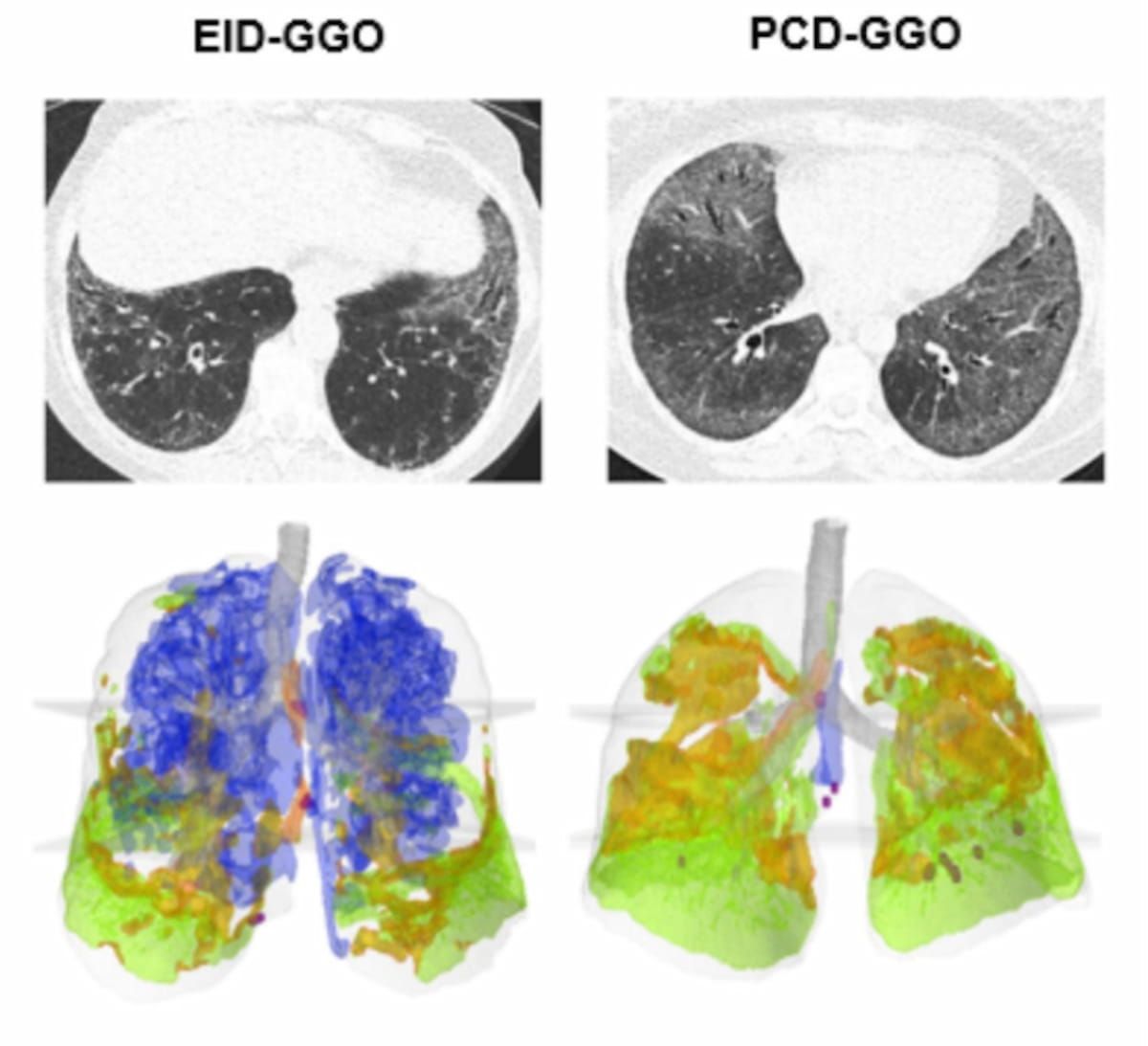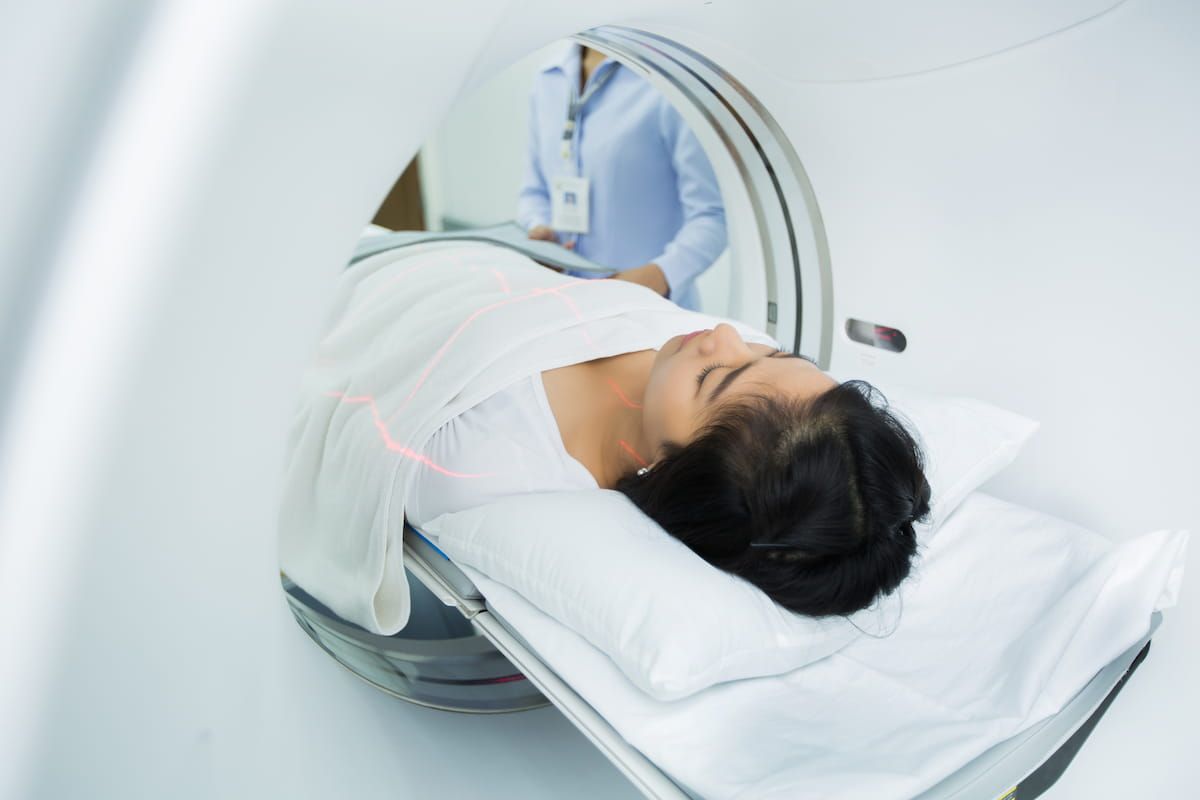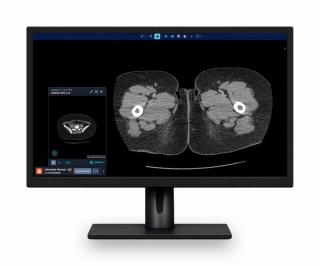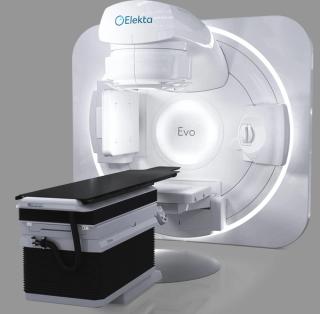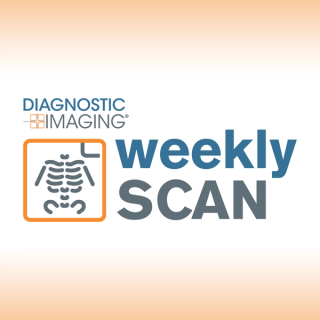
Technology
Latest News
Latest Videos

Shorts



CME Content
More News
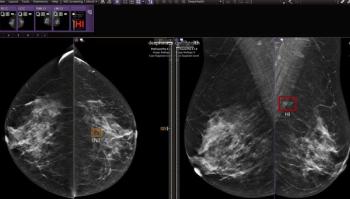
The Breast Suite software reportedly provides automated localization of regions of interest on mammograms as well as AI-enabled assessments of breast density and stratification of breast cancer risk for up to two years.

Catch up on the top radiology content of the past week.

Catch up on the most well-viewed video interviews from Diagnostic Imaging in November 2025.
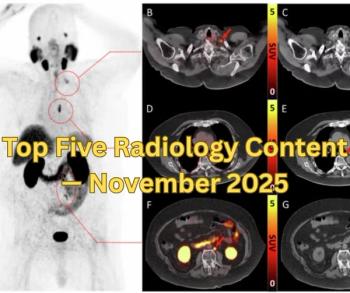
Catch up on the most-well viewed radiology content in November 2025.

The combination of deep learning and iterative reconstruction with Pristina Recon DL may enhance image quality with digital breast tomosynthesis.
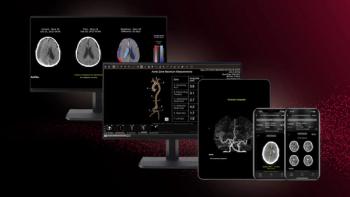
The new FDA 510(k) clearances for RapidAI include Rapid LMVO, which facilitates assessment of ischemic stroke, and Rapid MLS, which aids in the quantification of midline shifts with potential brain injuries.
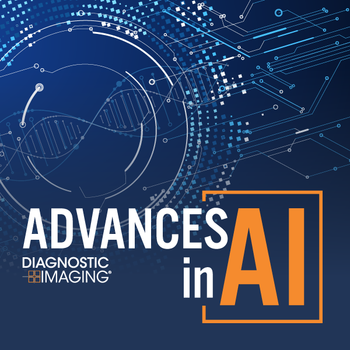
Catch up on the top AI-related news and research in radiology over the past month.
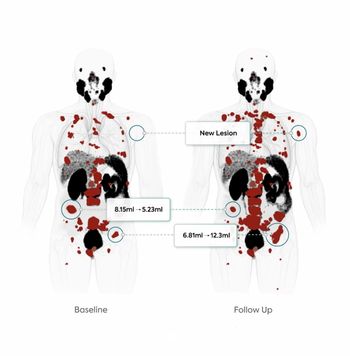
Utilizing the AI-enabled TrackPSMA to monitor the effectiveness of radioligand therapy for prostate cancer may allow more timely decisions to adjust treatment dosage or switch to a more effective modality.

In a recent interview, Nina Kottler, M.D., discussed key trends that are leading to a renewed focus on improved enterprise imaging platforms and the potential promise of integrating Cognita Imaging’s Mosaic Drafting vision language model technology into the MosaicOS platform.

Catch up on the top radiology content of the past week.
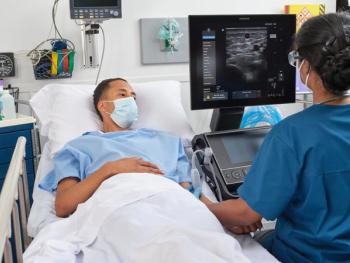
The recently launched PIV Assist reportedly offers a variety of features including real-time calculation of the catheter-to-vein ratio and pre-scan differentiation of veins and arteries to facilitate vascular access planning.

In a recent interview, Christoph Lee, M.D., discussed key findings from the ASSURE study, which evaluated the use of AI in detection and triage in a multicenter trial involving over 579,000 women who had digital breast tomosynthesis (DBT) exams.
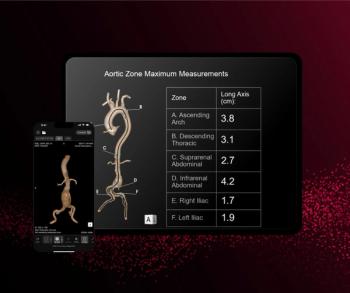
Along with the capability of automated measurements and 3D reconstructions of the aorta, Rapid Aortic may facilitate earlier detection of aortic aneurysms and dissections on computed tomography exams.
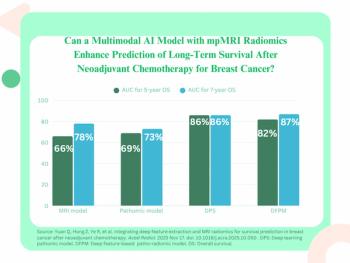
Incorporating mpMRI radiomics, clinical characteristics, deep learning and pathomic features, a multimodal model offered 82 percent and 87 percent AUCs for predicting overall survival outcomes at five years and seven years, respectively, for women treated with neoadjuvant chemotherapy for breast cancer.
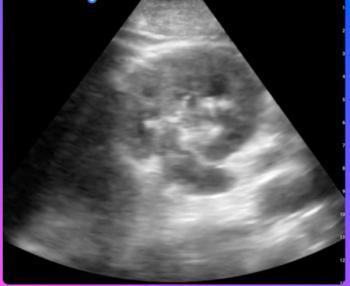
The newly launched Compass AI software platform reportedly facilitates a 94 percent compliance rate for documentation of point-of-care ultrasound (POCUS) exams.

Catch up on the top radiology content of the past week.

In a recent interview, Ibrahim Danad, M.D., Ph.D., discussed new research findings from the multicenter CONFIRM2 trial and use of the AI-CT software to obtain automated quantification of plaque burden based off coronary computed tomography angiography (CCTA) scans.
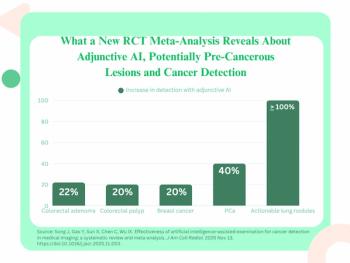
Use of AI provided a pooled 22 percent increase in adenoma detection but no significant impact for advanced adenomas, according to an analysis of 39 randomized controlled trials examining AI’s impact in detecting colorectal cancer.
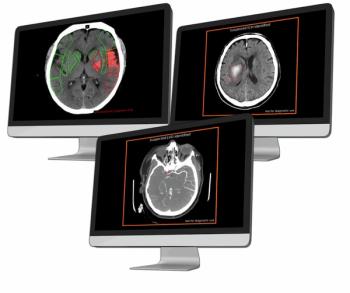
The launch of the AVI imaging platform reportedly facilitates direct integration into PACS and RS systems, and automated access to adjunctive CT-based AI applications for a variety of conditions including pulmonary embolism, intracranial hemorrhage and large vessel occlusion
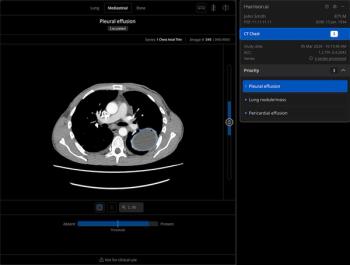
Offering a “safety net” in emergency and inpatient settings, the Chest CT software reportedly provides enhanced triage capabilities and adjunctive detection of 167 radiological features.

In a recent interview, Timothy Fairbairn, Ph.D., and Fatima Rodiguez, M.D., discussed new research findings, recently presented at the American Heart Association (AHA) conference, showing the value of AI-powered quantification of plaque burden from CCTA exams for predicting adverse cardiovascular outcomes.

Catch up on the top radiology content of the past week.

In a recent interview, Hari Kishan Gonuguntla, M.D., discussed AI-powered evaluation of chest X-rays with the Lung Nodule Malignancy Score software and key findings from multinational prospective research presented at the recent ESMO Congress 2025 meeting.
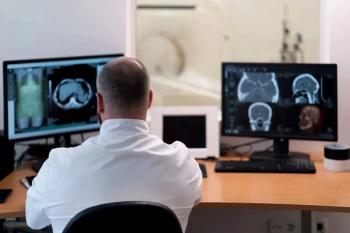
The Harrison.ai Open Platform reportedly emphasizes open architecture, customer ROI and elimination of costly AI platform fees.

Catch up on the top radiology content of the past week.


